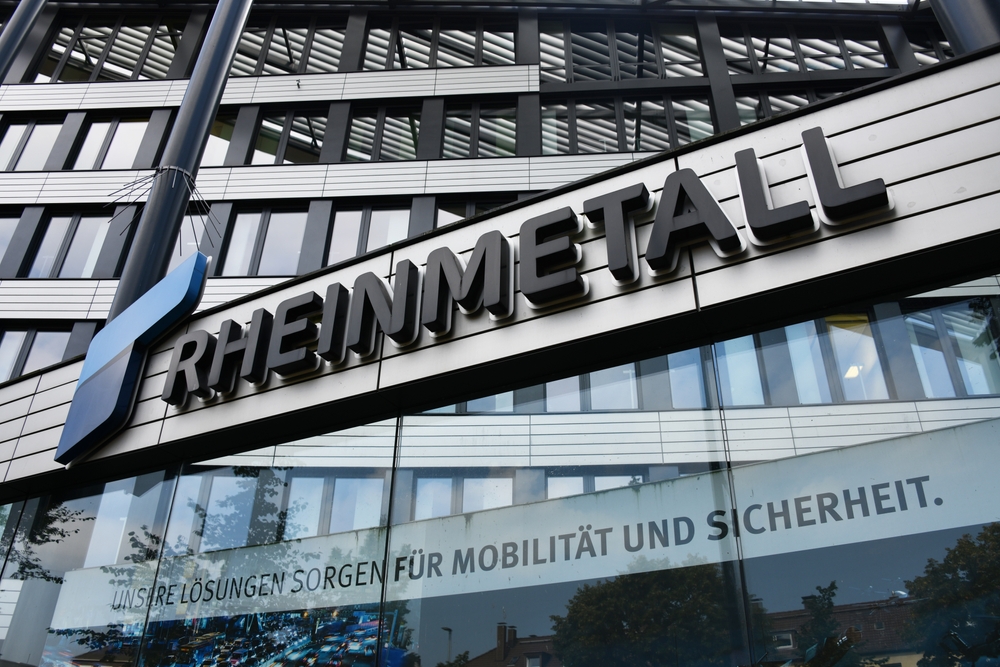As the conflict in Ukraine drags on and nations across Europe take stock of their own defense capabilities, the return of war to the continent appears to be paying the bills for German arms manufacturer Rheinmetall.
“We need to ramp up production,” stated NATO Secretary General Jens Stoltenberg to an audience of EU Defense Ministers in March. The Düsseldorf-based defense contractor heeded the call, increasing production across the board from its Marder infantry fighting vehicles (IFVs) and Leopard 2 battle tanks to its Panzerhaubitze 2000 howitzers and ammunition.
Already riding the wave brought by an 18 percent rise in orders last year, business is booming for the German arms giant, and the company is reportedly sitting on an order backlog estimated to be worth €30 billion. “I expect to see an order backlog of €40 billion next year,” CEO Armin Papperger told Reuters back in January.
This week alone, Rheinmetall has been awarded a contract worth over €150 million from the Norwegian government to deliver almost 300 advanced TG3 MIL 8×8 military trucks and a contract from Berlin to supply another batch of 20 Marder IFVs to Kyiv in the coming months.
Add to this the two contracts awarded from EU and NATO members at the turn of the year to produce ammunition and negotiations with Kyiv to construct a tank manufacturing factory in Ukraine, and it’s easy to see how the current climate is paying dividends for the company, which joined Frankfurt’s blue-chip DAX stock index in March.
German newspaper De Welt was given an insight into the Rheinmetall production center in the village of Unterlüß, Lower Saxony. Engineers were busy giving a new lease on life to disused Marder IFVs and Leopard tanks, doing away with the brown-green of the Bundeswehr in favor of yellow stripes, a Ukrainian camouflage pattern.
The company has already repaired and sent 40 Marder units to Kyiv and still has 60 more in stock to work on. Ten units per month are reportedly leaving the site for Ukraine, and operations are “running at full speed,” Marius Meyering, head of sales for tactical vehicles, told the newspaper.
A four-fold increase in the production of tank shells has also been recorded by the German arms giant. Before the Russian invasion of Ukraine, they were making 60,000 a year and are now producing 240,000 annually.
The company is also benefiting from Germany’s rearmament process initiated by Defense Minister Boris Pistorius earlier this year. The Bundeswehr aims to replenish its depleting stocks and address the many problems that have seen Germany drop in the military strength ranking to 25th in the world, sandwiched between Thailand and Algeria.
Rheinmetall is part of a group working on a multi-billion euro order from the German federal government for 111 Puma IFVs and 123 Leopard 2 battle tanks. With German military experts estimating that the Bundeswehr will require a total of approximately €300 billion to get it up to speed, arms giants like Rheinmetall won’t be short of work for some time.






